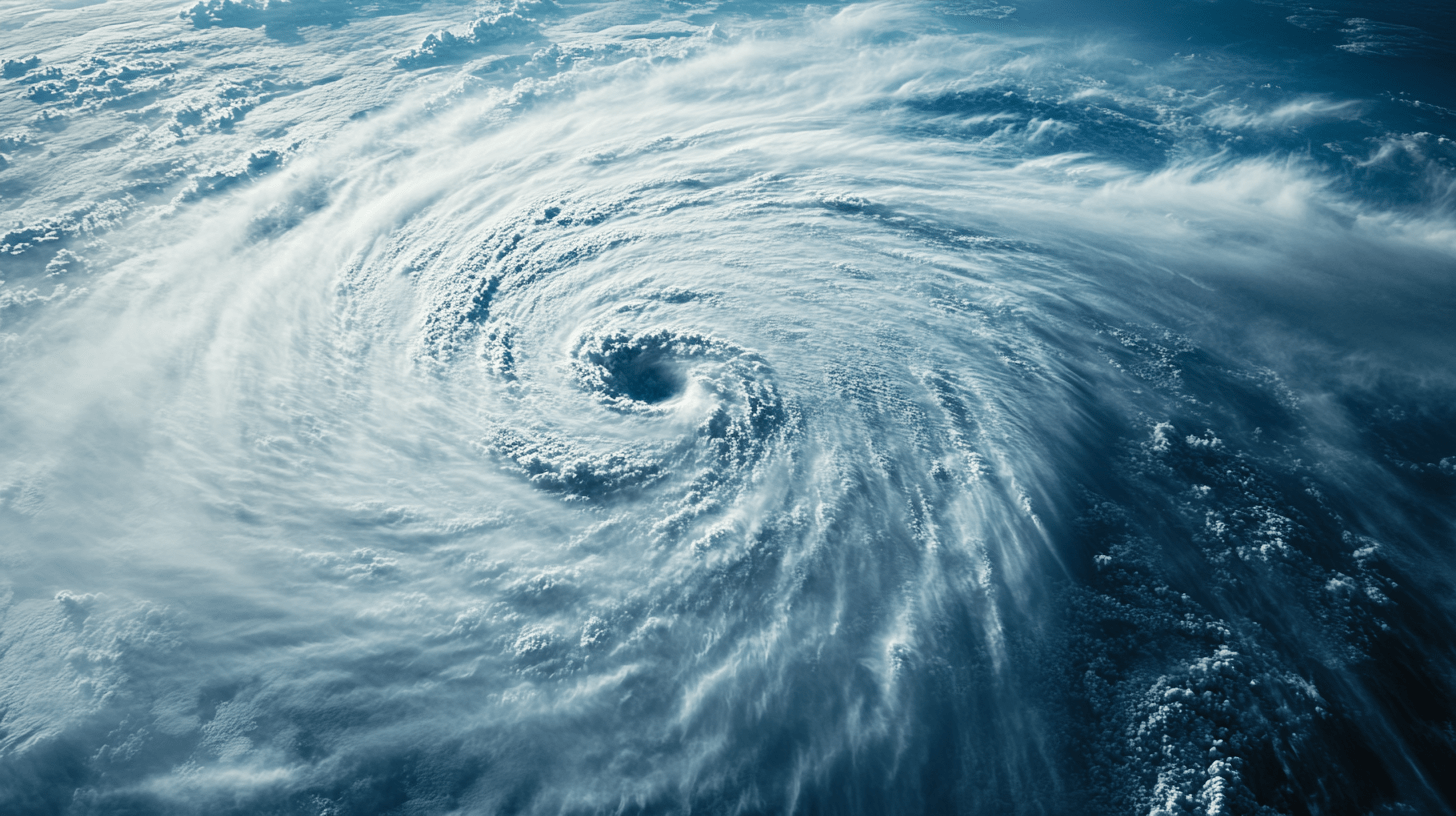Hurricanes
Explore the science, impacts, and sustainable solutions for hurricanes, empowering you to understand their nature, mitigate risks, and promote resilience in a changing climate.

Environmental and Societal Impacts
Hurricanes are not just natural phenomena; they are forces of immense destruction that leave lasting scars on ecosystems and communities. From uprooting mangroves to displacing families, their impacts are far-reaching and often devastating. Now, we’ll explore how hurricanes disrupt the delicate balance of nature, challenge human resilience, and create ripple effects that extend far beyond the storm’s path.
Environmental Impacts: Nature’s Fragile Balance
Hurricanes are powerful natural events that can disrupt ecosystems for years, sometimes decades. Their impacts are particularly severe for coastal and marine environments, which are already vulnerable to human activities and climate change.
Coastal Ecosystem Damage
Mangroves and Wetlands
Mangroves and wetlands act as natural storm barriers, absorbing wave energy and reducing flooding. Hurricanes can uproot trees, erode soil, and destroy these ecosystems, leaving coastal areas more vulnerable to future storms.
Example: After Hurricane Katrina (2005), the Louisiana coastline lost an estimated 217 square miles of wetlands, further exposing New Orleans to flooding risks (U.S. Geological Survey).
Beaches and Dunes
Intense winds and storm surges erode beaches, wash away dunes, and disrupt nesting grounds for species like sea turtles. This can affect local biodiversity and reduce the natural protection these features offer against future storms.
Marine Ecosystem Disruption
Coral Reefs
Hurricanes can damage coral reefs through wave action and sediment runoff, smothering corals and reducing biodiversity.
Example: Hurricane Irma (2017) destroyed large sections of coral reefs in the Florida Keys, leading to a 50% loss in coral cover in some areas.
Water Quality
Flooding from hurricanes often carries pollutants, chemicals, and debris into oceans, rivers, and lakes, degrading water quality and harming aquatic life.
Data Insight: After Hurricane Harvey (2017), runoff caused toxic algae blooms in the Gulf of Mexico, threatening marine ecosystems and fisheries.
Societal Impacts: Communities on the Front Line
Hurricanes don’t just disrupt nature—they also leave a profound impact on human lives, infrastructure, and economies.
Displacement and Human Suffering
- Forced Evacuations:
Hurricanes displace millions of people, with some losing their homes permanently.
Example: Hurricane Maria (2017) led to the migration of over 130,000 Puerto Ricans to the U.S. mainland within a year of the storm. - Health Risks:
Floodwaters often carry bacteria, chemicals, and debris, causing outbreaks of waterborne diseases. The stress of displacement also contributes to mental health issues such as anxiety and PTSD.
Economic Costs
- Infrastructure Damage:
Hurricanes destroy roads, bridges, schools, and hospitals, disrupting daily life and delaying recovery efforts.
Data Insight: The estimated cost of damages from Hurricane Katrina was over $125 billion, making it one of the most expensive hurricanes in U.S. history (NOAA). - Impact on Livelihoods:
Coastal communities, particularly those dependent on tourism, fishing, or agriculture, often face long-term economic struggles after hurricanes. For example, Hurricane Harvey disrupted oil refineries in Texas, affecting local jobs and global fuel prices.
Unequal Impacts
Low-income and marginalized communities often lack the resources to evacuate or rebuild, leaving them disproportionately affected by hurricanes. Example: In New Orleans, many low-income neighborhoods experienced the worst flooding during Hurricane Katrina due to inadequate levee systems and poor infrastructure.
The Bigger Picture: Ripple Effects
Hurricane impacts don’t stop at the local level—they create ripple effects that reach far beyond the storm's path.
Global Supply Chains
Major ports and industrial hubs affected by hurricanes can disrupt global trade. For instance, Hurricane Ida (2021) temporarily shut down 96% of oil production in the Gulf of Mexico, impacting fuel prices worldwide.
Climate Change Feedback Loop
Damaged ecosystems, such as forests and wetlands, lose their ability to absorb carbon, contributing to the broader problem of climate change and increasing the likelihood of future intense storms.
Key Takeaways
- Hurricanes disrupt both natural and human systems, with coastal ecosystems and vulnerable communities bearing the brunt of the impacts.
- Environmental damage, such as the loss of wetlands and coral reefs, reduces natural defenses against future storms.
- Societal impacts, including displacement, health risks, and economic losses, highlight the need for equitable recovery and resilience planning.